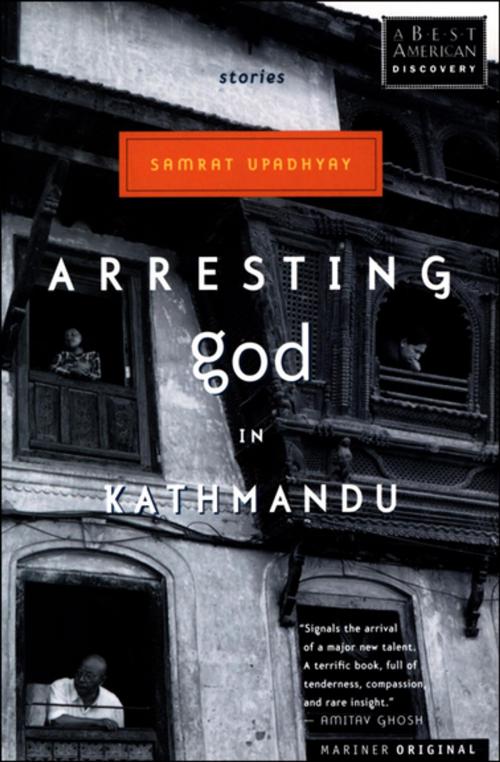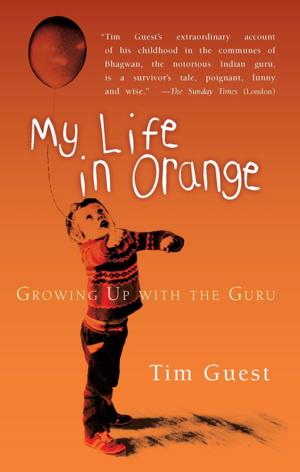| Author: | Samrat Upadhyay | ISBN: | 9780547526218 |
| Publisher: | Houghton Mifflin Harcourt | Publication: | September 23, 2014 |
| Imprint: | Mariner Books | Language: | English |
| Author: | Samrat Upadhyay |
| ISBN: | 9780547526218 |
| Publisher: | Houghton Mifflin Harcourt |
| Publication: | September 23, 2014 |
| Imprint: | Mariner Books |
| Language: | English |
From “a major new talent” come short stories set in modern Nepal, about arranged marriages, forbidden desires, and the universal yearning for human connection (Amitav Ghosh).
Set in a city where gods are omnipresent, privacy is elusive, and family defines identity, these are stories of men and women caught between their own needs and the demands of their society and culture. Psychologically rich and astonishingly acute, with “a masterful narrative style” (Ian MacMillan), Arresting God in Kathmandu introduces a potent new voice in contemporary fiction.
“Upadhyay brings to readers the flavor of Nepal and its culture in this impressive collection of nine short stories. Like Ha Jin’s Bridegroom, Upadhyay’s stories portray the lives of simple yet psychologically complex characters and reveal much about the universal human condition in us all. . . . Upadhyay’s stories leave the reader with much food for thought and will make a good choice for book discussion groups.” —Library Journal
From “a major new talent” come short stories set in modern Nepal, about arranged marriages, forbidden desires, and the universal yearning for human connection (Amitav Ghosh).
Set in a city where gods are omnipresent, privacy is elusive, and family defines identity, these are stories of men and women caught between their own needs and the demands of their society and culture. Psychologically rich and astonishingly acute, with “a masterful narrative style” (Ian MacMillan), Arresting God in Kathmandu introduces a potent new voice in contemporary fiction.
“Upadhyay brings to readers the flavor of Nepal and its culture in this impressive collection of nine short stories. Like Ha Jin’s Bridegroom, Upadhyay’s stories portray the lives of simple yet psychologically complex characters and reveal much about the universal human condition in us all. . . . Upadhyay’s stories leave the reader with much food for thought and will make a good choice for book discussion groups.” —Library Journal















